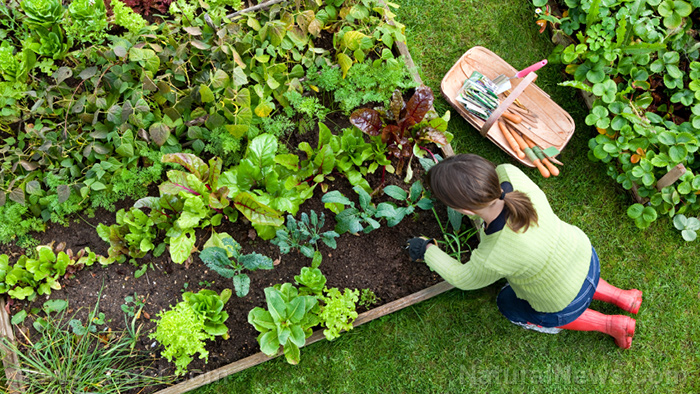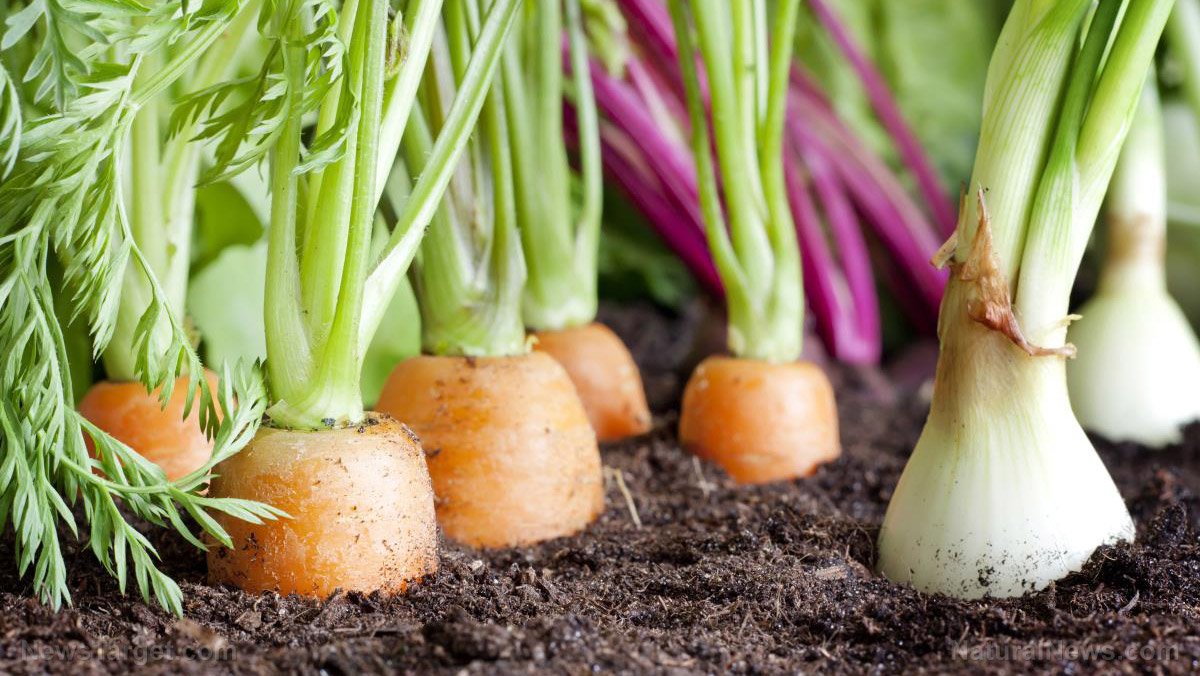
Advertisement
Rooted permanently in soil, plants are vulnerable to all kinds of attack – stomped on, flooded, eaten by pests. Farmers usually use toxic pesticides to protect their crops. But as it turns out, plants are not the easy sitting targets we mistake them to be.
According to ecologist John Orrock of the University of Wisconsin–Madison, some plants can detect pests well before they launch an attack. This early detection allows plants to mount a preemptive defense that works against other pest species.
Orrock and his team found that when exposed to snail slime – a lubricating mucus the slugs ooze as they slide along – nearby tomato plants appear to “eavesdrop.” In response, the plants secrete higher amounts of an enzyme called lipoxygenase that deters herbivores.
“None of the plants were ever actually attacked,” Orrock said. “We just gave them cues that suggested an attack was coming, and that was enough to trigger big changes in their chemistry.”
This defense work not only against snails. In their latest study, Orrock and his colleagues examined whether tomato plants’ anti-pest strategy affected hungry caterpillars. The team found that the pests lost their appetite after the plants were exposed to snail slime.
Richard Karban, a plant communications expert at the University of California, Davis, who was not involved in the study, was intrigued that a snail’s presence can trigger a plant response that affects a different animal.
“It is significant that the plants are responding before being damaged and that these cues are having such far-ranging effects,” Karban said.
How to protect your crops from pests without pesticides
It’s possible to protect your crops from pests without using pesticides. Boost crop protection using these anti-pest strategies:
- Move the compost far away: Pests are attracted to decomposing plants and food. Move your compost bin far away from your garden to manage pests.
- Add variety: Scatter plants that naturally repel pests, like petunias, chrysanthemums and catnips. Adding plant diversity will also attract pollinators like butterflies and bees.
- Introduce predator animals: There are plenty of animals that help control garden pests without damaging your crops. Consider introducing creatures like frogs, spiders and birds.
- Plant spices: Spices and herbs like garlic and basil have strong aromas that can repel pests.
- Build fences: Pests also come in bigger sizes. Deer, voles and rabbits may also take a liking to your garden. If you don’t erect fences, these animals may start chewing on your crops.
Reasons why you should try organic farming
Organic farming is fast becoming an attractive option for gardeners looking to go green. This method of farming involves growing crops without the use of synthetic-based fertilizers, pesticides and genetically modified organisms (GMOs). It helps maintain ecological balance and minimize pollution and wastage.
Organic farming benefits gardeners in many ways. Here’s why you should try organic farming:
- To obtain more antioxidants from food: Studies show that organic crops produce more phenols and polyphenols compared to conventionally grown produce. These plant compounds are antioxidants that protect your cells from harmful free radicals and help prevent diseases like coronary heart disease, stroke and certain cancers.
- To avoid pesticide exposure: Conventional farming exposes you to toxic pesticides that are bad for your health. Exposure to these chemicals has been linked to cancer, birth defects and infertility, as well as headaches, dizziness and nausea.
-
To avoid GMOs: GMO crops have had genes added to them to improve their growth or protect them from pests, among other reasons. Unfortunately, these crops can be bad for health. They’ve been repeatedly linked to allergies and cancer. They also encourage the excessive use of weed killers because they are resistant to herbicides like Roundup.
- To support sustainable farming: Investing in organic farming helps secure the future of green agriculture.
- To conserve biodiversity: Pesticide use takes a huge toll on biodiversity. It has short-term toxic effects on directly-exposed organisms and causes long-term changes to habitats and the food chain.
- To avoid contamination: Conventionally grown farm animals are treated with antibiotics, growth hormones and other types of pharmaceuticals that get directly transferred to meat and dairy products.
Going green through organic farming is a terrific way to avoid harmful substances like pesticides that increase your risk of diseases. Rest assured that plants are equipped with natural defenses that keep pests at bay.
Sources:
Advertisements







